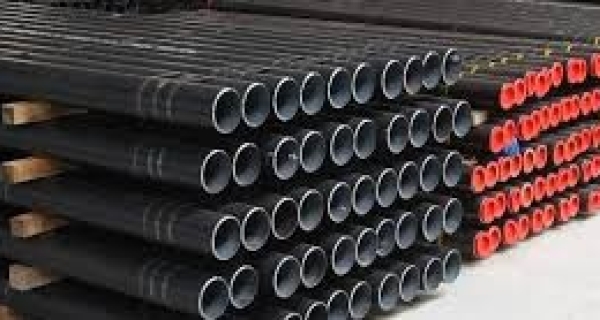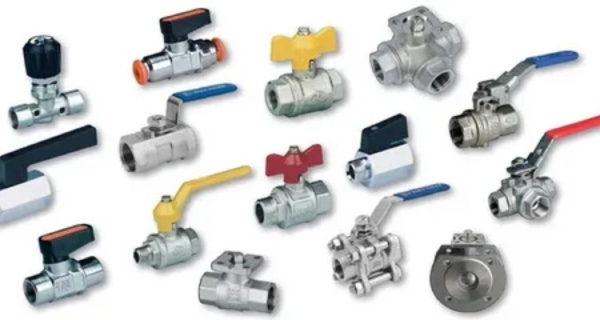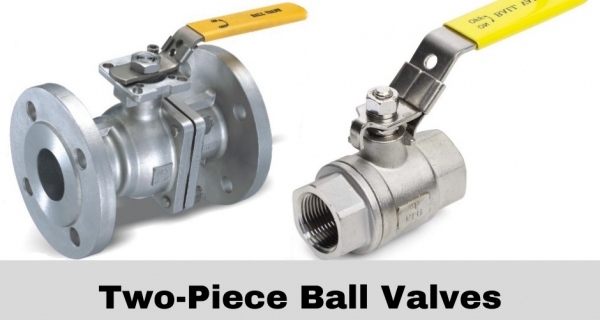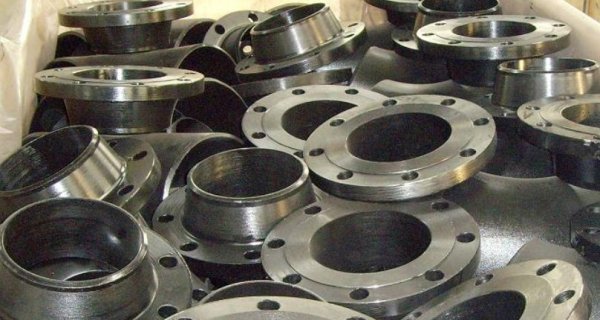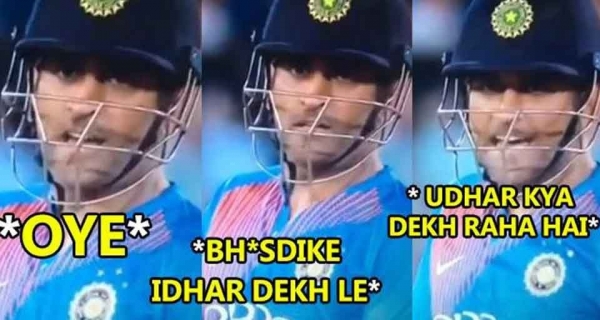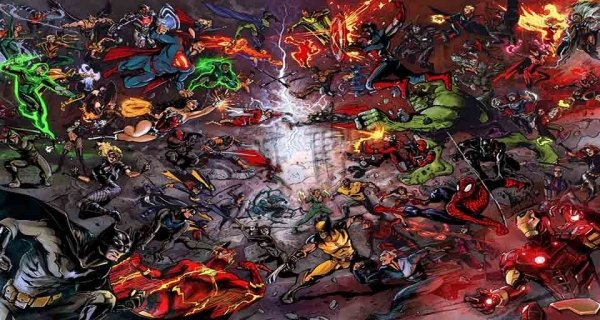The Mechanical Characteristics of Welding Electrodes
Dchel Weld is one of major Welding Electrode Manufacturers in India.
Posted 2 years ago in Magazines, updated 2 years ago.
The Mechanical Characteristics of Welding Electrodes
Dchel Weld is one of major Welding Electrode Manufacturers in India. We provide a high-quality selection of Stainless Steel Welding Electrodes in a variety of thicknesses, specs, grades, and diameters. We are widely regarded as a leading Welding Electrode Supplier in India. We are a leading Welding electrodes manufacturer in Gujarat, and we have put in place a number of procedures and efforts to encourage the growth of the manufacturing and service sectors.
What is Welding Electrode ?
A welding electrode is a temporary electrical conductor used in a variety of welding procedures to fuse two pieces of metal together. By offering the required heat source and filler material, it plays a crucial part in producing a strong and long-lasting weld. The choice of welding electrodes relies on the welding procedure, the kind of metal being welded, and the welding location. Welding electrodes are particularly developed for various welding procedures and materials.
Here are some key points to understand about welding electrodes:
Function: Welding electrodes serve two primary functions:
Heat Source: The electrode carries an electric current, which causes the electrode's tip to become very hot. The base metal and any filler material (if used) are melted by this heat, allowing them to combine and create a weld junction.
Filler Material: Some welding electrodes also act as a source of additional material (filler metal) that is deposited into the weld joint to provide strength and stability.
Coating: Numerous welding electrodes—particularly those used in SMAW—have a flux material coating. The flux has a number of benefits, including protecting the weld from air contaminants, arc stabilisation, and enhanced weld quality.
Selection: A good weld requires selecting the appropriate welding electrode. The choice is made after taking into account several elements, including the type of metal being welded, the welding procedure, the welding position (flat, vertical, overhead, etc.), and the desired qualities of the resulting weld (such as strength, corrosion resistance, etc.).
Countries We Export Welded Electrode
Welding Electrode Supplier in Oman
Welding Electrode Supplier in Iran
Welding Electrode Supplier in Saudi Arabia
Welding Electrode Supplier in Kuwait
Welding Electrode Supplier in Netherlands
Welding Electrode Supplier in Bangladesh
Welding Electrode Supplier in UAE
Welding Electrode Supplier in Canada
Welding Electrode Supplier in Qatar
Mechanical Properties of Welding Electrode
A welding electrode's physical features and performance when utilised in welding procedures are referred to as its mechanical properties. These characteristics can change based on the type of electrode, its makeup, and the welding procedure. Several important mechanical characteristics of welding electrodes are listed below:
Tensile Strength: A welding electrode's tensile strength tells you how much force it can bear before breaking or cracking. Usually, it is measured in megapascals (MPa) or pounds per square inch (psi). The capacity of the electrode to bear mechanical stress and resist deformation during welding is indicated by its tensile strength, which is a crucial feature.
Yield Strength: Yield strength is the maximum amount of stress that a welding electrode can withstand before it fails but starts to distort plastically. It is a crucial mechanical characteristic, particularly in situations where the electrode may experience severe bending or distortion during welding. It is measured in psi or MPa, much as tensile strength.
Impact Resistance: A welding electrode's ability to sustain a rapid shock or impact without breaking is measured by its impact resistance. This characteristic is crucial in situations where dynamic stresses or vibration may be applied to the welded connection.
Elongation: Elongation gauges a welding electrode's capacity to stretch or deform before breaking. It is presented as a percentage and describes the lengthening of a specimen under tensile stress until it breaks. An electrode's ductility and toughness are greater when the elongation % is higher.
Welding Electrode Manufacturer in India
One of the top weld electrode manufacturers in India is Dchel Weld. Due to their distinctive designs and superior quality, weld electrode suppliers in India serve both domestic and foreign markets. We provide welding electrodes made of a variety of materials, including coated electrodes made of corrosion-resistant alloys and stainless steel, nickel alloy, duplex and super duplex steel, chrome moly, and nickel alloy.
